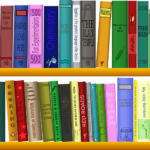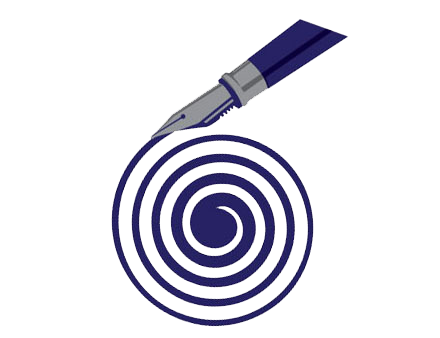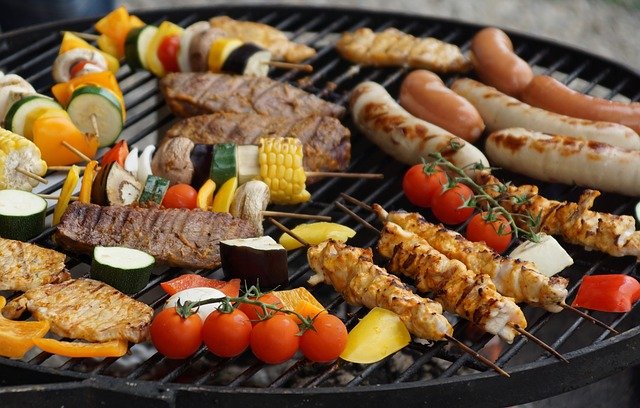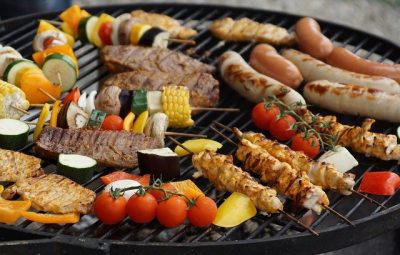
If you’re into science fiction, you’ve probably noticed that a very popular theme is that of parallel universes. The idea that there could be another reality containing an exact or near-exact duplicate of everything has a powerful pull on the imagination. And just this past spring, NASA scientists conducting experiments in Antarctica uncovered evidence that a parallel universe might in fact exist.
Our brains like parallelism so much that it even carries over into grammar, of all things. What am I talking about? Have a look at these sentences and see if you can pinpoint what’s wrong with them:
My hobbies are cooking, hikes, and to read.
The goals of the workshop are finishing a first draft of your novel and to proofread it.
Many people will recognize that something isn’t quite right with these examples, but they can’t figure out exactly what. The problem is that they are not parallel in structure. In the first example, cooking is a gerund (a noun formed from a verb by adding -ing); hikes is a plural noun, and to read is the infinitive form of the verb. To fix it, we have to make all three items in the list conform to one grammatical form. The solution here is pretty simple—we can use all gerunds:
My hobbies are cooking, hiking, and reading.
Lack of parallel structure might be a little bit harder to spot in the second example since the non-parallel elements are a bit further apart, but if you look closely, you’ll see that once again we have a gerund heading up the phrase finishing a first draft of your novel but the infinitive to proofread in the second phrase. This time let’s make them both infinitives to fix it:
The goals of the workshop are to finish a first draft of your novel and to proofread it.
The parallel versions read a lot better, don’t they? The reason this works so well is because our brains tend to hold what we’ve just read in short-term memory to use as a template for deciphering what comes next. When the grammatical forms are not similar, the mental processing takes longer.

There are two other situations where you should always doublecheck to make sure your constructions are parallel. One is when you use paired conjunctions such as either…or, neither…nor, not only…but also (sometimes called correlative conjunctions). Here’s a sentence with correlative conjunctions that’s not parallel:
Either our business will pull through the economic downturn or we will have to close it.
Check out the first phrase: Either our business will pull through the economic downturn—the subject is business. But in the second, we will have to close it, the subject is we.
Here’s a possible solution, making we the subject of both phrases and business the object:
Either we will pull our business through the economic downturn or we will have to close it.

And speaking of business, if that’s what you write for, you might use bullets to make lists easier to read. That’s a great idea—but to maximize the edge that bullets give your reader, you have to make sure—you got it—that they’re parallel.
Check out this non-parallel example:
Our new application guides you through every step of your vacation planning, including:
- Choosing a destination
- How to find cheap flights
- Hotels and reservations
- Where to eat
- How do you know which are the best attractions
Here we have many different kids of grammatical structures, and the constant shifting going on in your brain slows you down when you try to read them. Here’s one possible solution—and notice how in this case we have to reword some of the bullets in order to make them parallel:
Our new application guides you through every step of your vacation planning, including:
- Choosing a destination
- Finding cheap flights
- Booking hotels
- Selecting restaurants
- Pinpointing the best attractions

Finally, parallel construction is not just a plaything for fussy grammar nerds; it’s an extremely effective literary device. Look for it in good literature and famous quotes, and you’ll soon start seeing it everywhere, such as:
“It was the best of times, it was the worst of times, it was the age of wisdom, it was the age of foolishness, it was the epoch of belief, it was the epoch of incredulity, it was the season of light, it was the season of darkness, it was the spring of hope, it was the winter of despair.”
– Charles Dickens, A Tale of Two Cities
“ …government of the people, by the people, for the people shall not perish from the earth.”
– Abraham Lincoln, Gettysburg Address
Parallel is powerful! Please feel free to share your favorite examples below.



